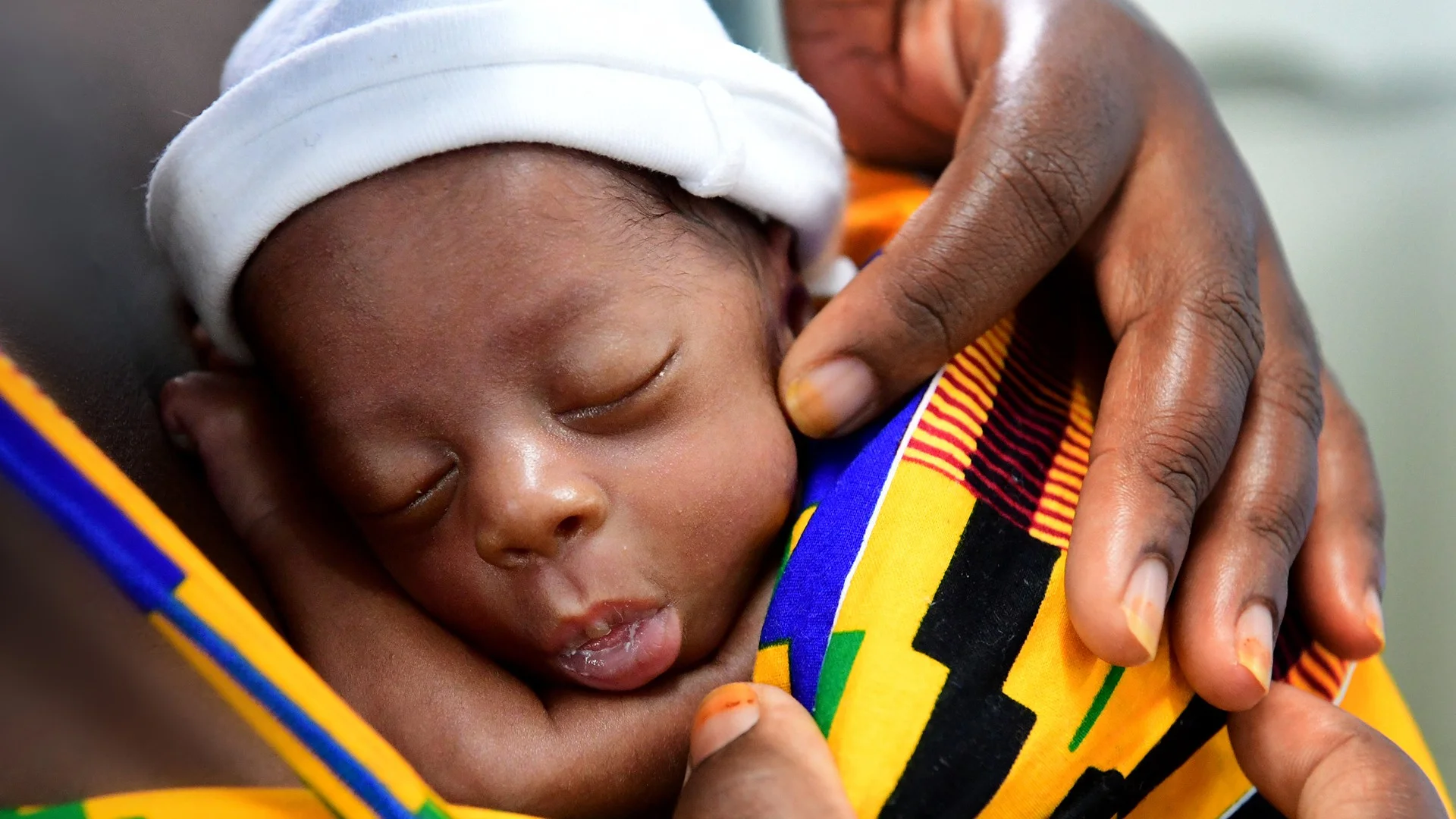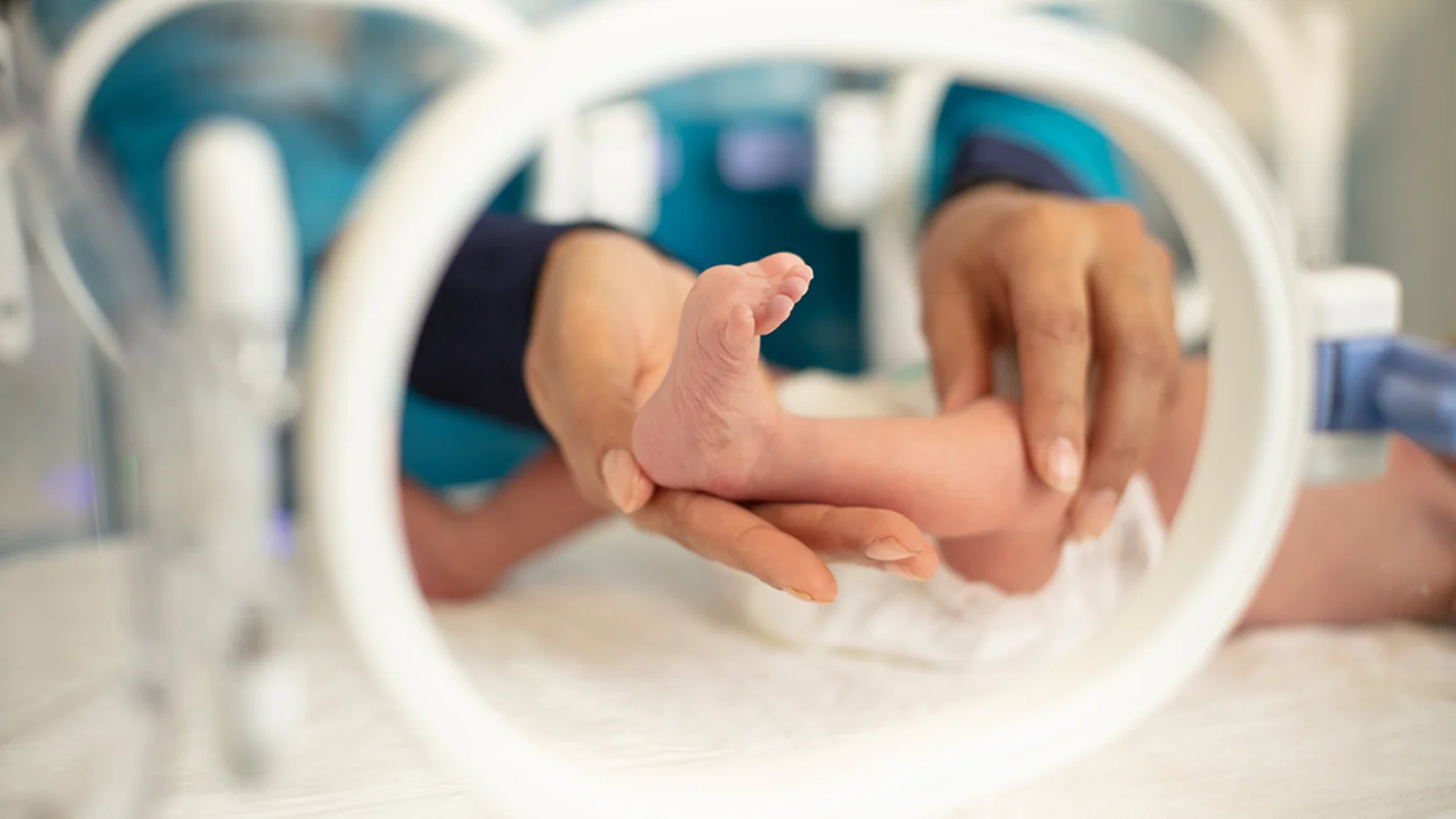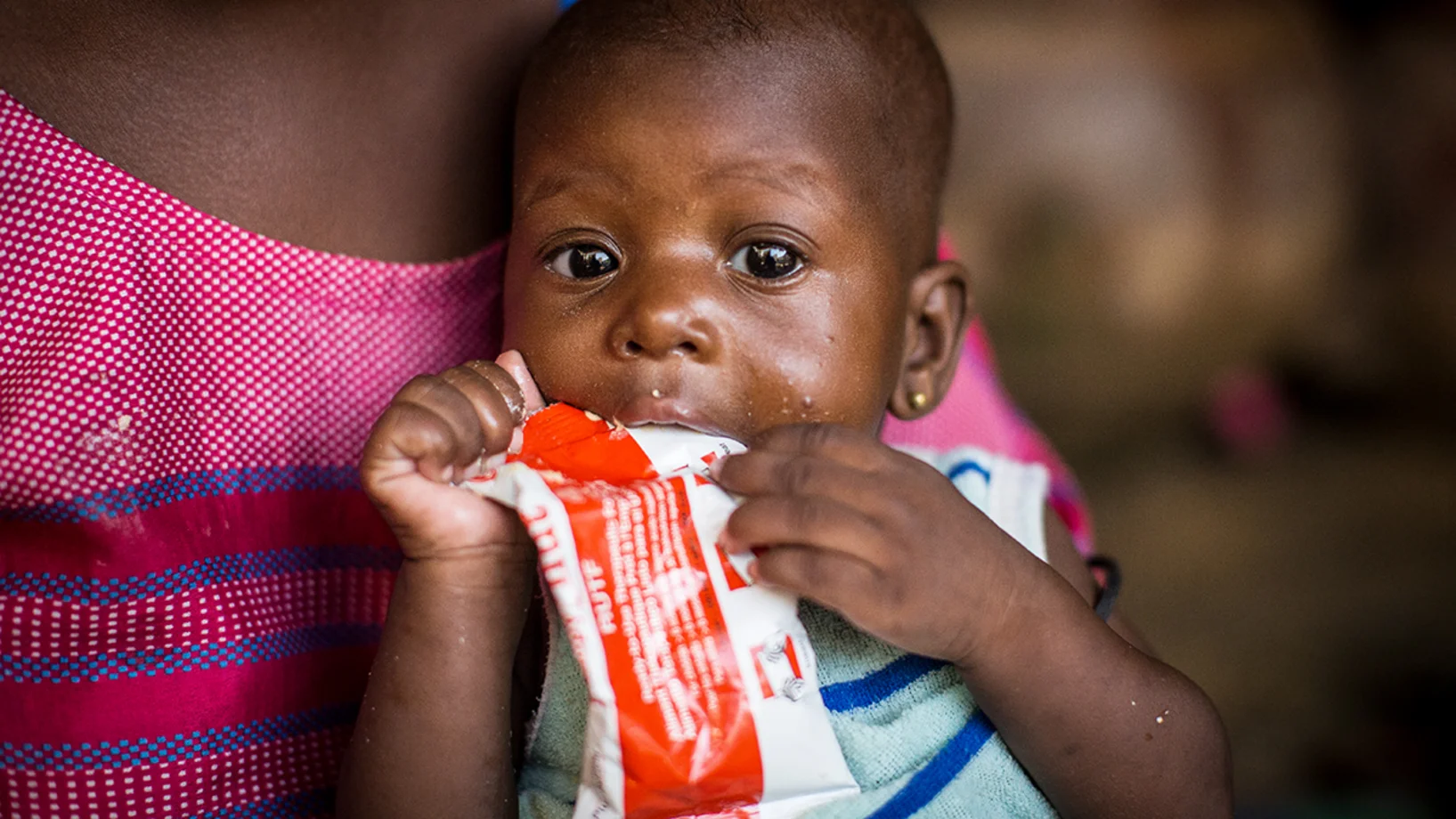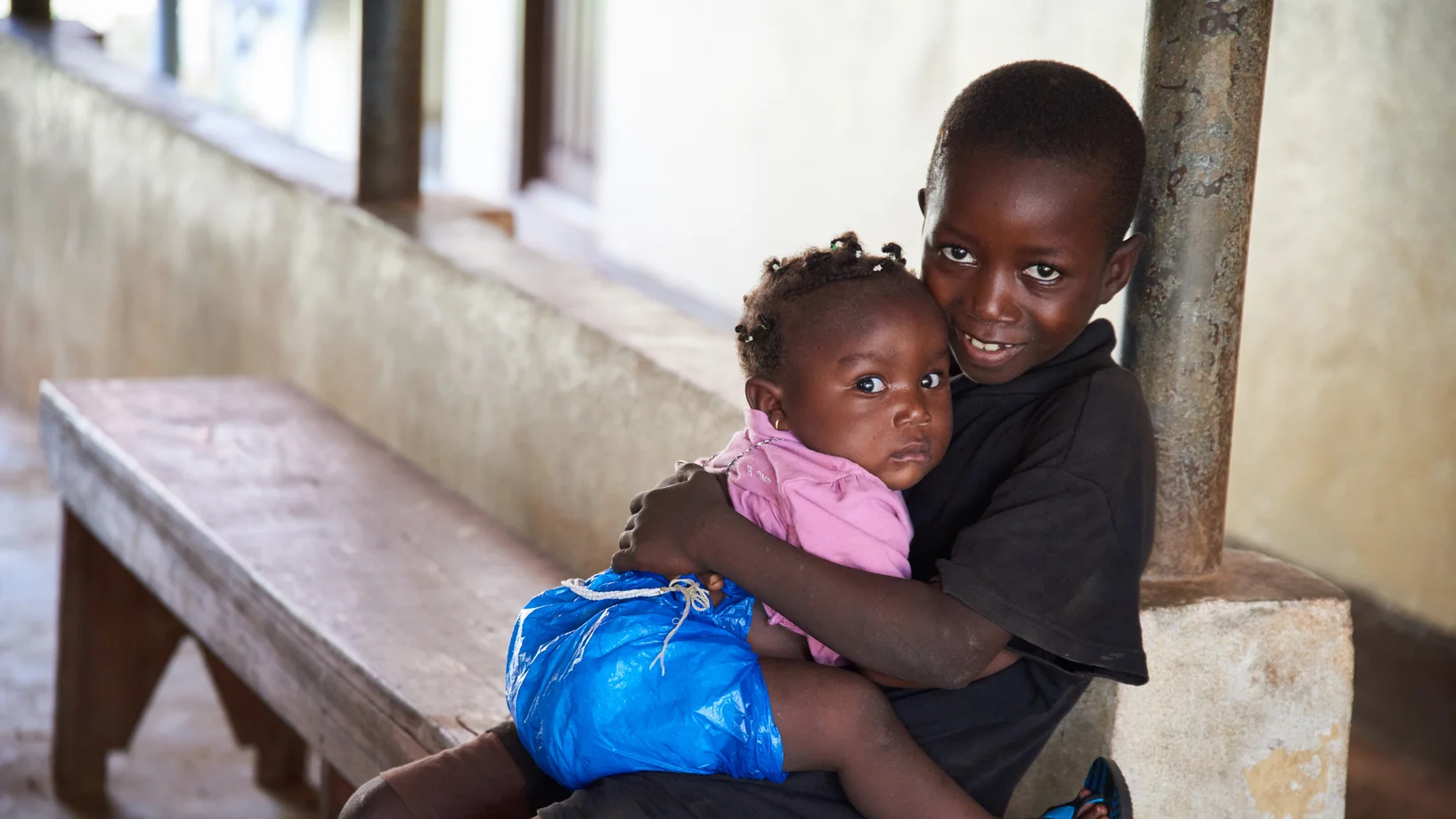Every minute of the day, close to ten children under the age of five die due to causes that could be avoided. That’s 4.9 million children a year. UNICEF works tirelessly to ensure the survival of babies and children.
The situation
For the first time, global child mortality figures for children under five years have fallen to under the five-million mark, according to the latest data from 2022. That is very good news. However, it still means that each minute, death comes to close to ten children under the age of five – for reasons that could be avoided.
Infectious diseases like pneumonia, diarrhea and malaria are among the most frequent causes of death for infants and young children. Malnourished children, especially those suffering from severe acute malnutrition, are especially at risk. Their bodies are so weak that they cannot fend off diseases. Undernourishment is therefore very frequently responsible for the death of a child, even if the child ultimately succumbs to a disease.
The chance of survival for a child in Sub-Saharan Africa is dismal, statistically speaking. On average, for every 1,000 children born alive worldwide (live births), 37 will die before their fifth birthday – but in Sub-Saharan Africa it’s 71 out of 1,000 children. By comparison, the number in Switzerland is around 4 out of 1,000.
The story of Francine in Burundi

When she was born, little Francine weighed just 1.7 kilograms. Her fingers and toes, her head, her body – everything about her was tiny. Francine came into the world eight weeks prematurely and was in grave danger. “When I learned that my baby would be born premature, I was in shock and afraid,” says new mother Aline.
Thanks to UNICEF, the hospital where she delivered her baby was well outfitted for such cases. Baby Francine received immediate medical treatment and survived.
How your donation helps
It doesn’t take much to do much. Simple measures can have great impacts – for example, handwashing with soap reduces cases of diarrhea by 50 percent. Or kangaroo mother care, a method that encourages intensive skin-to-skin contact and greatly improves the survival chances of newborns.
UNICEF is training medical staff to provide optimal care to women and girls during pregnancy, support during childbirth and neonatal care to their newborns. Health systems must be designed to ensure safe and hygienic conditions for every birth and provide the necessary knowledge and personnel, medical equipment and medical supplies.
UNICEF gives its support to ensure that all children have access to safe drinking water, sanitary facilities, enough healthy food and comprehensive immunizations and that they will receive treatment with the necessary medicines if they fall ill. No child should ever go hungry.
A pregnant woman who is undernourished or sick has a higher risk of giving birth prematurely, of experiencing complications or of her newborn child falling ill. Poor countries and regions in crisis lack medical professionals who can detect these risks in time.
UNICEF is committed to providing medical care for pregnant women worldwide. For example, UNICEF trains health workers who examine and counsel pregnant women in remote villages.
Almost half of all deaths of children under five happen in the first month. The primary reasons are complications during birth and premature birth.
UNICEF is committed to ensuring that every birth takes place under hygienic conditions and with available neonatal care. We also promote simple and affordable measures like kangaroo mother care, which brings great benefits.
For most of us, diarrhea is unpleasant but usually not a serious problem. But worldwide it is a main cause of death for young children along with pneumonia and malaria. Children account for 90 percent of all malaria deaths. Children suffering from acute malnutrition are especially at risk, as their weakened bodies are less able to fend off infections.
UNICEF is committed to ensuring that children have access to clean water and soap and that sick and undernourished children receive medical help.






